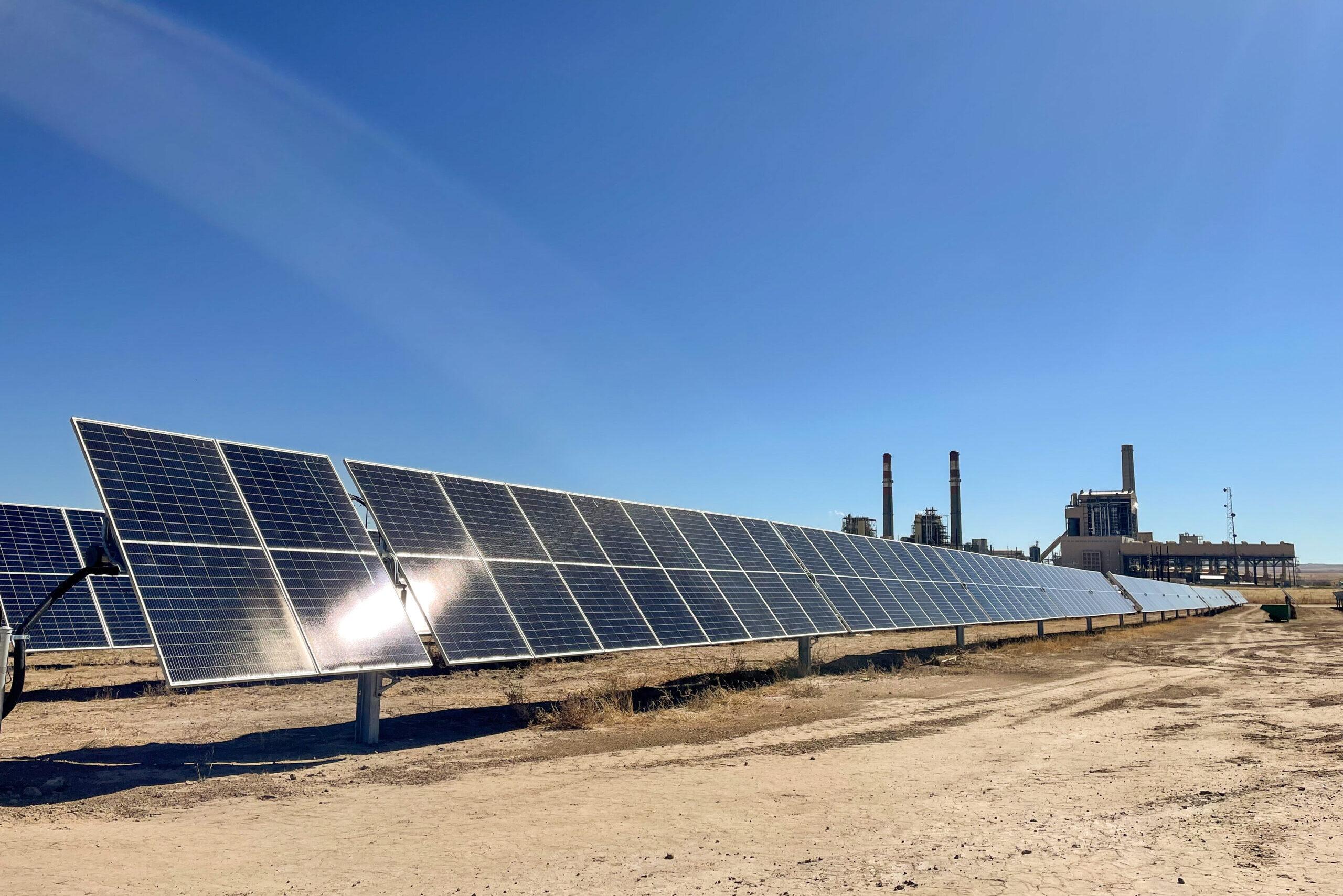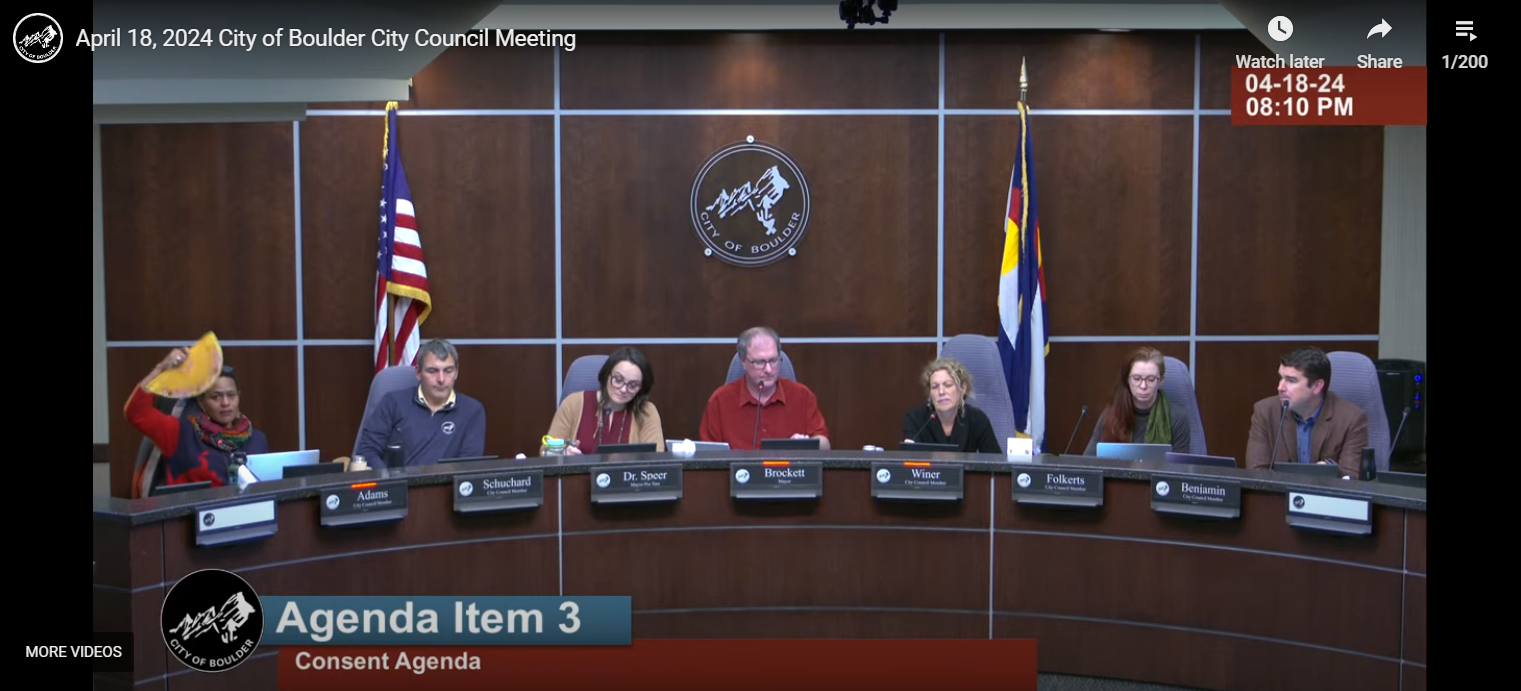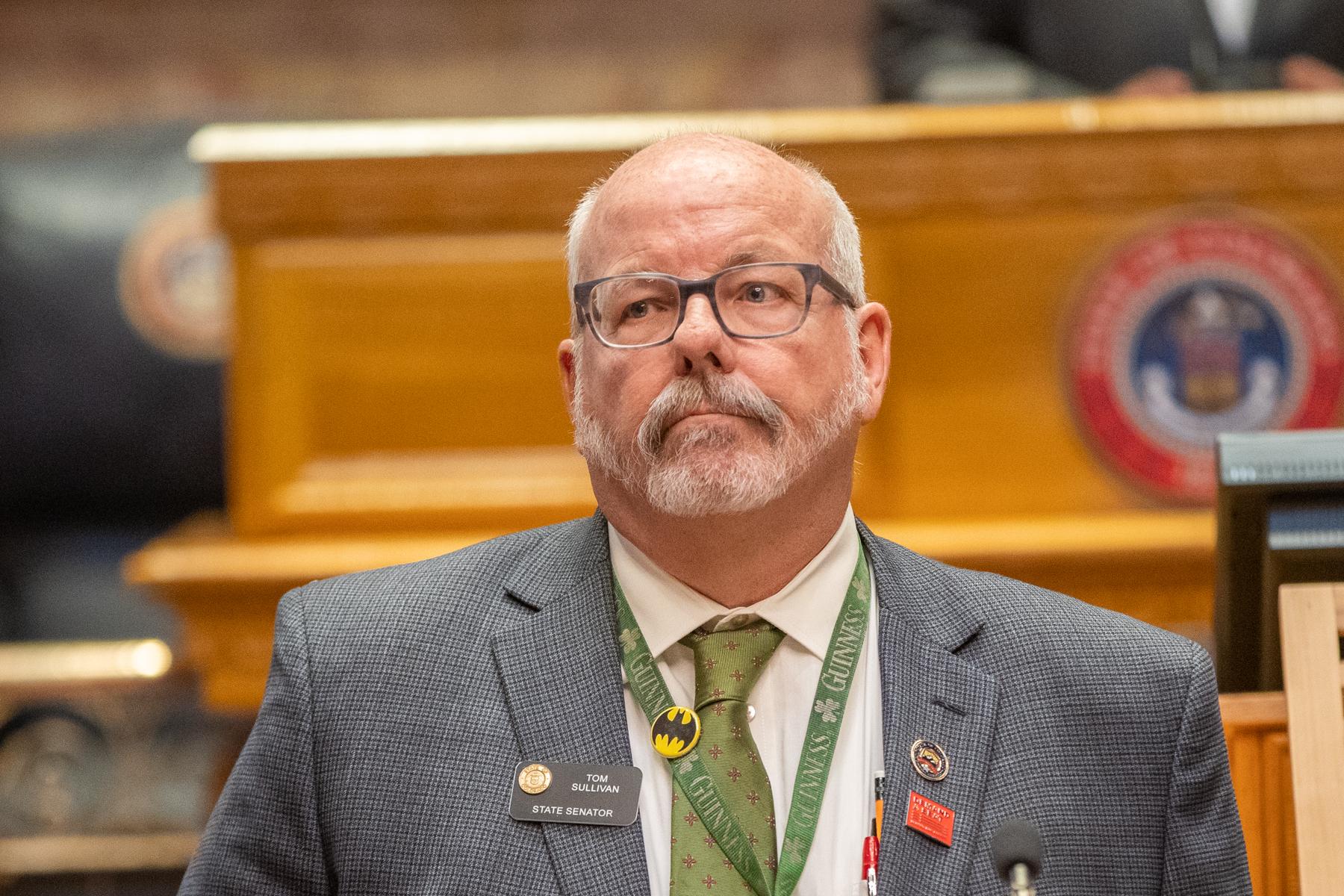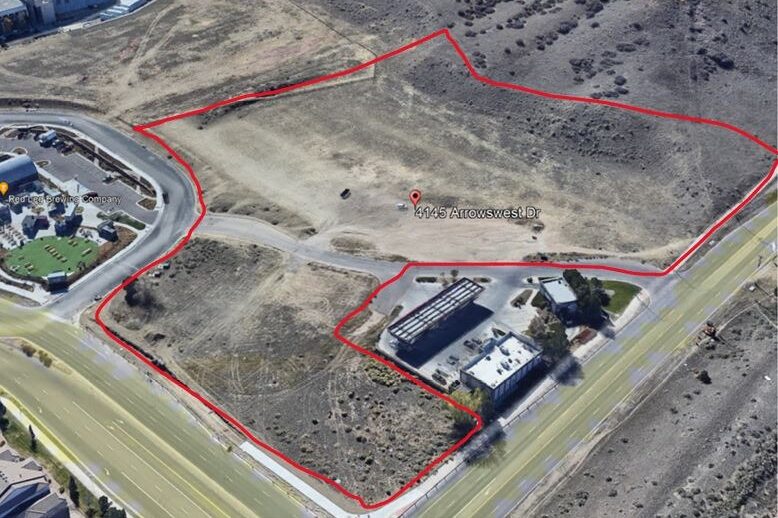
Colorado’s energy sector has championed solar energy as a critical tool to help it move away from fossil fuels, as well as safeguard the grid against the worst effects of climate change over the coming decades.
But pandemic-related delays and greater scrutiny of international markets have put the United States solar industry in a precarious position. At least 10 large-scale solar projects that Colorado utilities expected to add in the next two years have either been canceled or postponed, according to regulatory filings reviewed by CPR News.
The mounting pressures have created a difficult situation for state regulators and utilities, who say power providers will need to rely on natural gas and voluntary programs that control customers’ thermostats to prevent electricity shortfalls during the hottest months of next year.
“We call it the ‘solar coaster’ for a reason,” said Mike Kruger, the CEO of the Colorado Solar and Storage Association, which represents the state’s solar developers.
That coaster got stuck on the tracks this summer, he said. Inflation-fueled price hikes, supply chain bottlenecks and international trade investigations stalled the shipment of solar panel components to the U.S., according to solar industry experts.
Much of the uncertainty was tied to an investigation launched in April by the U.S. Department of Commerce into solar panel parts from suppliers in Southeast Asia, which ship a majority of the parts used for solar projects in the U.S. Shipments from countries in the region dropped by nearly a third this year, according to a July report from the National Renewable Energy Laboratory.
The rising costs and trade disputes particularly disturbed large-scale solar projects, leading utilities to either request new bids or cancel projects altogether, according to the Colorado Public Utilities Commission.
“It is unusual,” said Erin O’Neill, the chief economist for the Public Utilities Commission. “We have seen projects fail in the past, but it is not very common.”
Xcel Energy, the state’s largest public utility, was relying on at least seven solar projects to come online by 2023, supplying hundreds of megawatts of electricity to homes and businesses in the Front Range. But the uncertainty stirred by the federal investigation and higher prices for materials led the company to cancel three of those projects and postpone three others, according to a Sept. 16 report filed with state regulators.
After facing backlash from the solar industry and lawmakers, the Biden administration in June paused tariffs for solar materials from the countries under investigation. The Inflation Reduction Act signed in August also includes tax incentives for national companies looking to manufacture renewable energy products.
David Feldman, a senior financial analyst at NREL, said the federal interventions were meant to spur domestic production of solar panel parts and decrease reliance on a volatile global supply chain.
“It might be advantageous for developers in the short run to have cheap product, but in the long-term from the U.S., it likely makes sense to make sure that we’re doing this transition in a responsible manner,” Feldman said.
Kruger said the overall effect could be an economic win for Colorado, whose experience in mining and renewable energy development could make it a prime location for manufacturing batteries and developing storage technologies for solar projects.
In the shorter term, the Public Utilities Commission ordered Xcel to describe steps it would take to make sure it had enough energy in its grid for next summer and in 2024.
In its report, the utility said the shortfalls from the canceled or postponed solar projects meant it would rely on its demand-response programs, which allow the company to control the thermostats of enrolled customers when demand for power peaks. The actions could lead to frustrated customers, according to the report, as it did when Xcel locked 22,000 customers out of their smart thermostats during a heat wave earlier this month.
Xcel has asked the Public Utilities Commission to expand the capacity of two of its delayed solar projects. It will also continue to use a natural gas plant that was expected to shut off in September until the end of 2023, according to the report, leading the company to believe there is “a low risk of serious reliability concerns for its customers.”
“We’re in a substantially more comfortable position … than the concern was six months ago,” O’Neill said, adding she is “cautiously optimistic” Xcel will have enough power resources for the summer.
Shifting the power grid away from fossil fuels while ensuring it stays reliable is becoming harder as climate change brings hotter temperatures and more natural disasters, O’Neill said. Utilities are also delivering electricity to growing populations.
“As the systems get more complicated, it’s the combinations of events that we need to be thinking about,” O’Neill said.
The combination of trade and inflation factors forced other Colorado utilities to delay or cancel solar projects, including Black Hills Energy and Tri-State Generation and Transmission Association, but none of those providers were counting on the projects in their summer 2023 energy supply calculations, O’Neill said.









